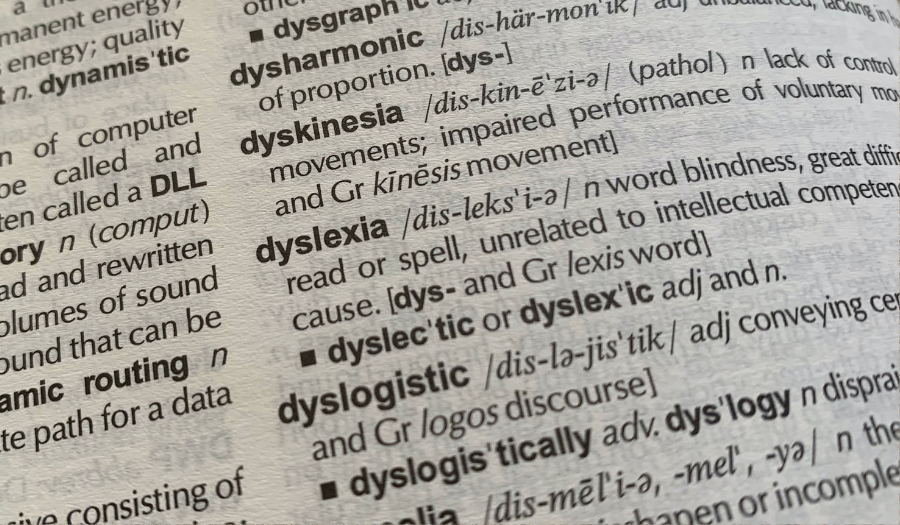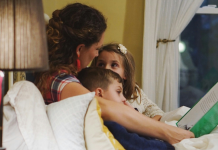As an Orton-Gillingham Practitioner, I will give some of my thoughts on what might work for your family if you are concerned about dyslexia.
In my opinion, early intervention is best.

Don’t be dissuaded against doing anything if the educators in your support network say that they would rather “wait and see.” Younger brains respond better to early interventions.
- Put in writing (with a date on it) something to your teacher, principal, and intervention department that you are requesting an evaluation of your child. The law says any request in writing will receive a response within a relatively short timeframe.
- Look for Orton-Gillingham practitioners in your area. Regardless of whether you have a diagnosis of anything, this tutoring benefits all students utilizing the Science of Reading.
- Talk to your child’s pediatrician. They can recommend outside testing that works with your insurance. This may be the best option since many school psychologists are leery of putting a specific “dyslexia” diagnosis down, whereas a private psychologist will tease out exactly what the issue is.
- Partner with the school staff to get your child involved in any small reading groups or free tutoring that they offer.
- Reach out to your local Dyslexia Association to hear from other parents in a similar situation and how they problem-solved their concerns regarding dyslexia.
Statistics show that 1 in 5 people have dyslexia. This might be an underestimation of the actual number since many go undiagnosed. Let’s dare to say “dyslexia” and spread awareness.













